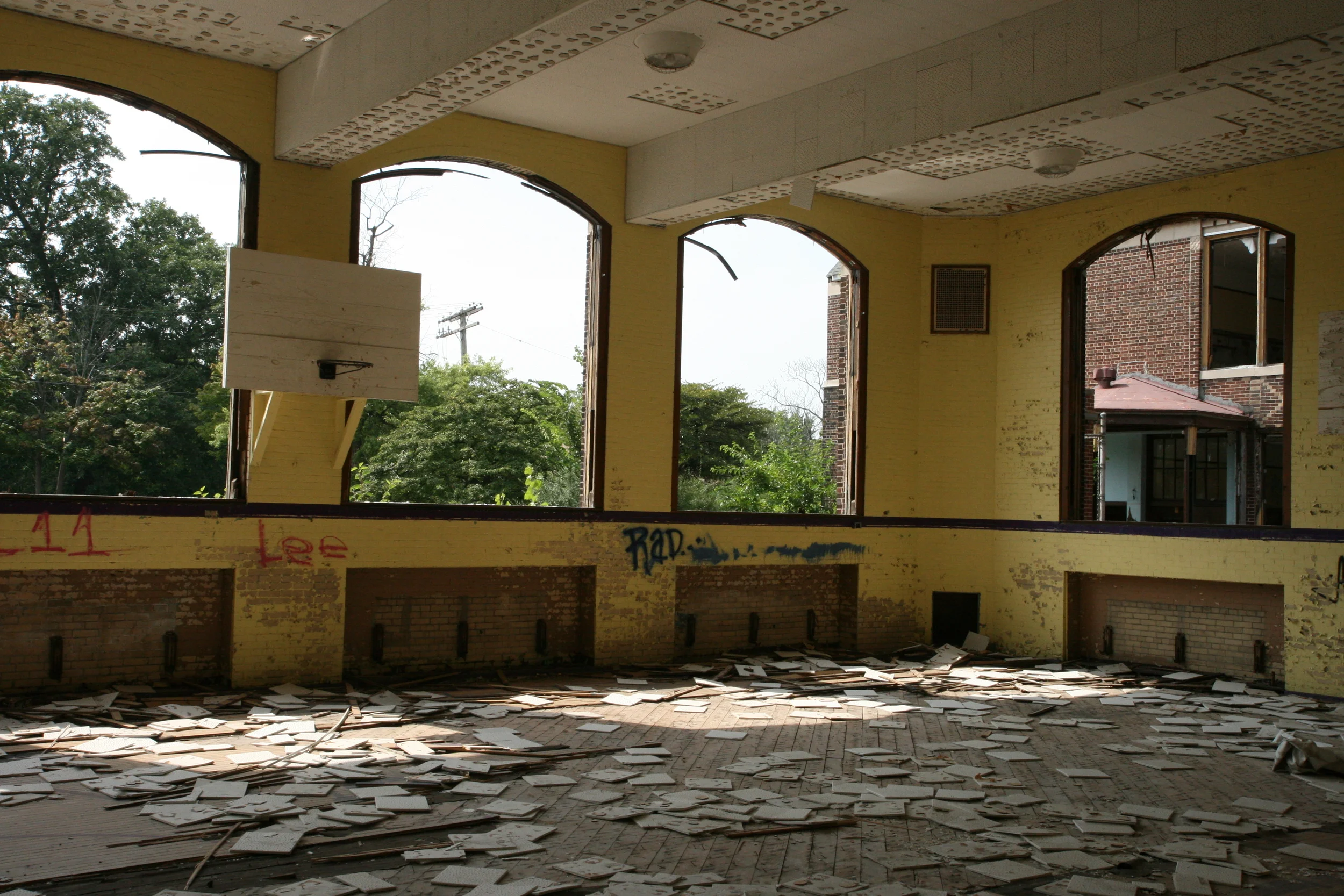Stratified Failure: Educational Stratification and Students’ Attributions of their Mathematics Performance in 24 Countries
Sociology of Education 89(2): 137-153
Country rankings based on the Programme for International Student Assessment (PISA) invite politicians and specialists to speculate on the reasons their country did well or failed to do well. Rarely however do we hear from the students on whose performance these rankings are based. This omission is unfortunate for two reasons. First, research suggests that how students explain their academic performance has important consequences for their future achievements. Second, prior studies show that students’ attributions of success and failure in education can develop into explanations for social inequalities in adulthood. This paper draws on PISA 2012 data on 128,110 secondary school students in twenty four countries to explore how educational stratification shapes students’ explanations of their academic performance. I find that students in mixed-ability groups tend to attribute their mathematics performance to their teachers and to (bad) luck, while vocational and academic track students are more likely to blame themselves for not doing well. These differences between mixed-ability group students and tracked students are more pronounced in school systems where tracking is more extensive. I conclude by discussing how these findings speak to the broader impact of educational stratification on students’ psychology and cognition, and the legitimation of inequalities.
Featured in Education Week.
click for PDF | doi: 10.1177/0038040716636434
